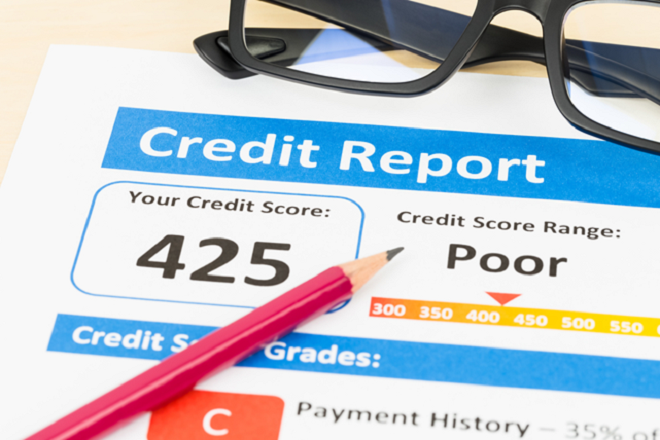57% of Americans have “good” credit, with a credit score above 700. Do you?
Having good credit is more than just where you fall on the creditworthiness scale. It determines if you’ll be approved for that loan or credit card and, even more importantly, how much you’ll pay over time in interest rates.
We all want that “excellent” credit score above 800, but how can you achieve it? What if you have less than stellar credit but you need a loan in the meantime?
The key lies in improving your creditworthiness. Read on for 5 expert tips on how to increase your credit score.
Payment History
The most important question a lender will ask is, “Will this person pay me back?”
If you know what goes into your credit score well, you’ll definitely know that payment history is a significant part of your credit score. It accounts for 35% of your overall credit score. For this reason, your payment history is the biggest factor in determining your creditworthiness.
Lenders will look for missed payments and how late they were (30 days, 60 days, 90 days). The later the payment, the more of a risk you’re considered. They’ll also look for anything that was sent to a collections agency or other outstanding debts, like bankruptcy or foreclosure.
The best way to boost your credit score is to ensure you make all payments on time. Even if you can only meet the minimum payment, that’s fine—just don’t be late!
Available Credit Used
The next factor lenders will consider is the amount of credit you’ve used, or your credit utilization ratio.
If all your credit cards are maxed out and you’re only making minimum payments, this can hurt your credit score over time. Lenders want to know that you’re stable and reliable enough to pay back the money you borrow in a reasonable amount of time.
If you owe $100 on a card with a $500 limit, you’re viewed as more trustworthy than someone with $9,000 owed on a $10,000 line of credit. Work on paying off any high revolving balances to improve your credit score.
Length of Credit History
How long have you been using the credit accounts you have? In general, the longer you’ve had the account, the better.
What if you don’t really use a certain account anymore? Leaving it open and unused will be better for your creditworthiness than closing it.
Types of Credit Accounts
Lenders like to see a mix of different types of credit accounts. You can improve your credit with a combination of credit cards, installment loans, store accounts, and mortgages.
Of course, don’t rush out and open accounts just for the sake of opening them. Making on-time payments and reducing outstanding debt is much more important in your overall credit score.
New Credit History
A final component of creditworthiness is how many new accounts you have and when they were opened.
If you’ve applied for too many lines of credit in a short period of time, lenders will assume you’re having cash flow problems. Your credit score will temporarily drop and you’ll be viewed as a bigger risk.
What Is Creditworthiness? Now You Know
If your credit score isn’t where you want it to be, don’t despair. With a little bit of time and effort, you can improve your credit score and your creditworthiness.
Refer back to this article in the coming months as you’re actively trying to improve. Keep checking your credit score through one of the free credit reporting bureaus.
Your creditworthiness will be excellent before you know it!




